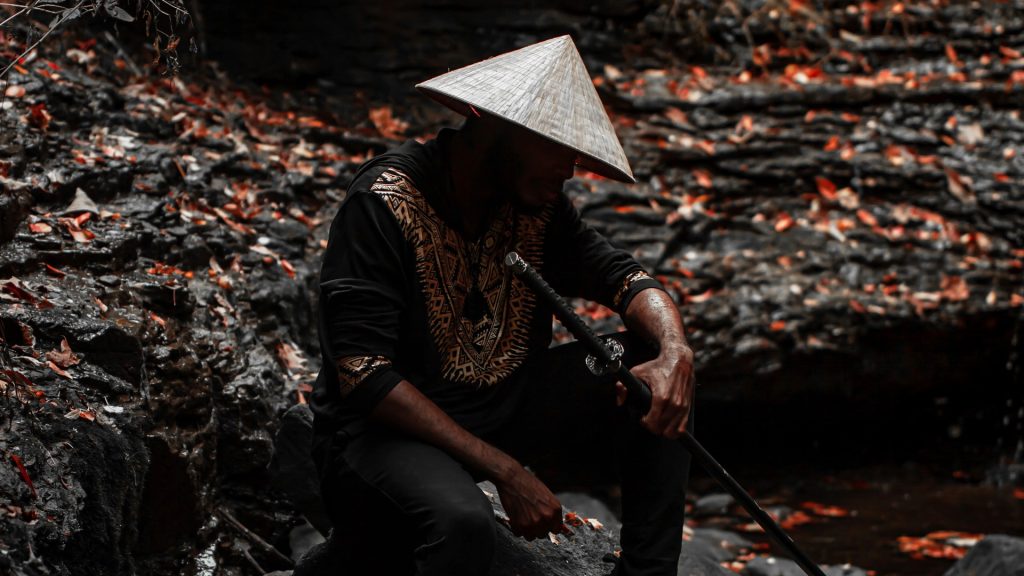As a result of the popularity of Superhero films over recent years there has been a resurgence of interest in all things related to living a modern ‘Warrior’s’ life. These fictional heroes go around saving lives making where we live a better place.
People romanticize about what is and how to be a warrior. The movie The Last Samurai brought into focus around the world an idealized western version of the life of a Samurai and the code that they live by, which is known as the ‘Bushido Code’.
What is Bushido?
In simple terms, Bushido is a code of conduct that is said to originate from the Samurai, who were responsible for spreading the concepts throughout Japanese society.
It is widely believed that the basis of the code originates from Buddhism and Confucianism which is in itself a conservative philosophy of beliefs that places an emphasis on the importance on loyalty and duty.
Overall, the Bushido code has evolved from a martial perspective to one that has transformed into an appreciation and respect for life, and teaches that people should lead by example, express benevolence, and show mercy. This of course takes courage to apply in life with the constant challenges that we are faced with in everyday life.
The eight key principles that underpin the Bushido code associate with the Samurai are:
1. Justice
Justice is a core value of any warrior, not just the Samurai. Incorporating this principle into your life requires constant reflection of fairness and always being accountable with regard to moral character.
2. Courage
Courage, is often misunderstood as to meaning lack of fear. This is not the case, it is more about doing what is right, irrespective of fear. It does require trying to work out what is right and wrong. Courage requires the strength to perceive something as being
right and then act accordingly.
3. Compassion
NEW! Put the principles from this article into practice with the free courage-boosting MaArtial app on the App Store for iOs and Play Store for Android.
Compassion is the basis of love and through this understanding have the ability to demonstrate sympathy and patience to yourself as well as others, i.e., looking at issues from another person’s perspective. This especially relates to and is important for those
in a leadership role.
4. Respect
Respect needs to be given to be received, and it starts with yourself. From then you have the experience to acknowledge others and their experiences and feelings. To be able to work with others common courtesy and politeness should always be used.
5. Integrity
This is the ‘quality of being honest and having strong moral principles’ it is often a misunderstood concept. It is the thread that connects and provides purpose to the other principles for the warrior. This mean living congruently with honesty and
sincerity.
6. Honor
This revolves around a warrior’s moral compass. It is the quality of knowing and doing what is morally right and having the self-worth to live by this code of conduct every day. It requires that the warrior has identified their own moral guidelines and understands the responsibilities that is needed to be followed.
7. Loyalty
This is the outcome from the other principles, with the challenge being to stay on the path yourself, irrespective of the challenges. When a warrior gives their word whether it is to a person or a cause, this must not be abandoned even under difficult circumstances. This is something that has been forgotten in society today.
8. Self-control
Self-control is not included in every listing of the Bushido code. Self-control or self-discipline is about doing what is right no matter what the circumstances, when with others and when alone. We often see when this is missing with our leaders having two
sets of behavior, one for them and one for others.
[text-block-start]
The samurai’s Bushido code was honed and practiced for centuries before being popularized in the west through Inazō Nitobe’ Bushido: The Soul of Japan in 1900, which gave definition to the eight virtues listed above.
While the word themselves are easy to understand, however, there is much nuance to interpreting them correctly.
To fully understand the virtue of courage and its usage among samurai as detailed by the bushido code, see our follow-up article on developing courage as a habit for everyday life.
[text-block-end title=”MaArtial comment”]














